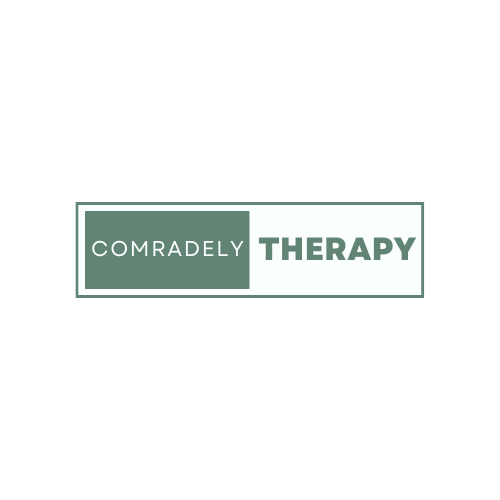A Hard Truth About Self-Care
2 minute read.
What is self-care?
Grab a piece of paper and something to write with, or open a new note on your phone. For the next 30 seconds, write down what comes to mind when you hear the phrase “self-care.”
Now without judgment, what similarities do you notice? Have you listed activities or behaviors? Do these listed items occur when you are on your own or when you are with others?
A prominent misconception about self-care is that it comes in the form of a stand alone activity, which occurs outside of and away from the daily grind - a treat for yourself.
While this is true, there is a huge gap in your day that may be lacking in self-care: the time you are working, interacting with people and experiencing the array of challenges that high functioning adults encounter regularly.
Practicing self-care at this time can be hard, but it is also the best time to do it.
I had to face this hard truth in my own therapy recently. I have done a lot of work on self-compassion as of late, meaning I have had to untangle a whole hell of a lot of harsh judgment towards myself.
I first noticed these judgments, really heard and felt them, when I was finishing my masters and living in Philadelphia. Before this time, I had accepted the derogatory self-talk that came with internalized stigma from growing up working class, being a “creative type“ and a sensitive woman as “normal.“ I had been dealing with these issues since early childhood.
I processed a moment where I felt envious of another person, and how I met those feelings with shutting down and judging myself for comparing because “I know better.” I was then asked, “Where was your self-care?”
Confused, I stated that I had done my yoga, taken my morning walk around the scenic Chester County, and completed my meditation that morning, duh.
But I was missing the point. My therapist explained to me that in that moment of self-judgment that resulted from the pain of envy and not feeling like I’m good enough, there was a perfect opportunity for me to be compassionate towards myself.
Saying something to myself like, “You work so hard, and still feel that you aren’t good enough. That is painful to hear, and I am so sorry that you are experiencing that pain.” What a monumentally kind way to speak to myself.
This is why self-care is not always easy, because you need to work at it in the moment, even when you are feeling down on yourself.
But isn’t that the hardest part about therapy? That you need to put the work in to make actual, long lasting change?
My journey with self-compassion has been a challenge, as I have become aware in how many ways I may limit myself throughout the day.
The result is that I like myself more, I have more patience and more often than not, I approach difficult situations with curiosity rather than judgment (work in progress, baby!).
How can you practice self-care?
Give yourself a generous pat on the back for remembering to journal, drink water, take bubble baths, take a nap, go for a walk, drink tea and pet your cat.
It is so important to take care of yourself, you only get one you. Human beings are incredibly adaptable and resilient, and as you are reading this post-2021, you have been through a lot and survived.
Do yourself a service and take that one step further. Be gentle with yourself when you are struggling.
Acknowledge when you are upset and distressed, and rather than punishing yourself for being human (which is what you’re supposed to do, be human that is), be compassionate and patient with yourself.
Forgive yourself for not being great at this right away, we live in a society that thrives on us being overworked, underpaid and stressed.
The systems we live in demand perfectionism while constantly reminding us that we will never reach it. Now is the time to practice kindness towards yourself. That is self-care.
Thank you for reading!
Email contact@teletherapywithsarah.com with questions/comments/concerns.
Pennsylvanians - ready to start therapy? Click here, or reach out to contact@teletherapywithsarah.com for a free 20 minute consultation.
Very Best,
—Sarah
*Disclaimer - This piece was written by a straight, cis, able-bodied, white woman. Intersectionality (coined by lawyer, civil rights advocate, scholar and philosopher Kimberlé Crenshaw) tells us that ethnicity, class, sexuality and gender that differ from the above identifiers encounter more hardship and oppression.*
Find a therapist:
includsivetherapists.com
therapyden.com
zencare.co
thrivingcampus.com
National Suicide Prevention Lifeline
Hours: Available 24 hours. Languages: English, Spanish. Learn more
1-800-273-8255
National Domestic Violence Hotline
1-800-799-SAFE (7233)
Text “START“ to 88788
https://www.thehotline.org/





